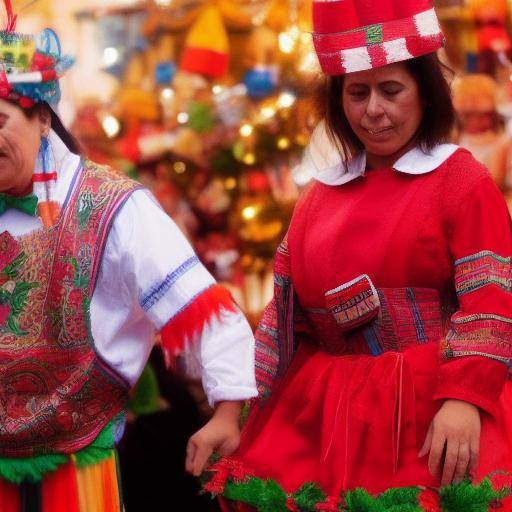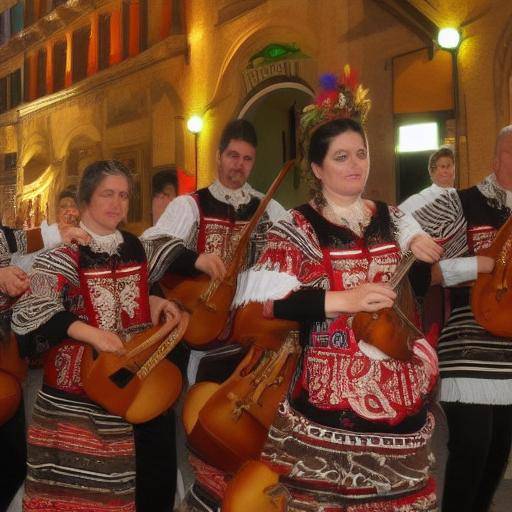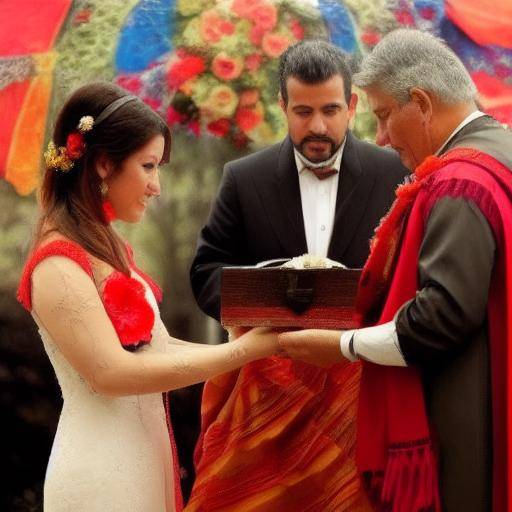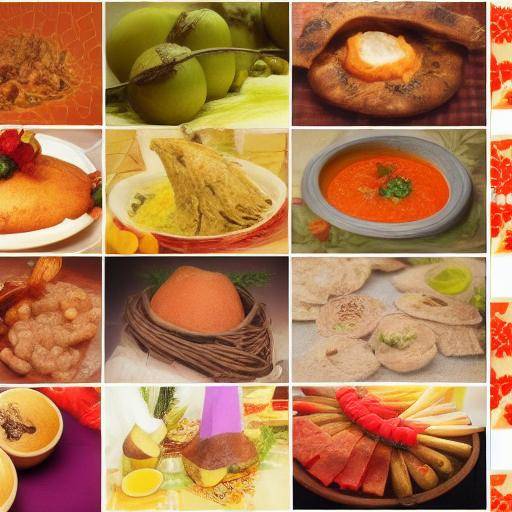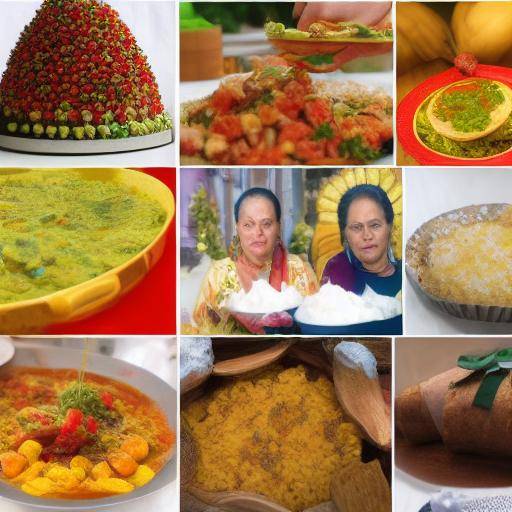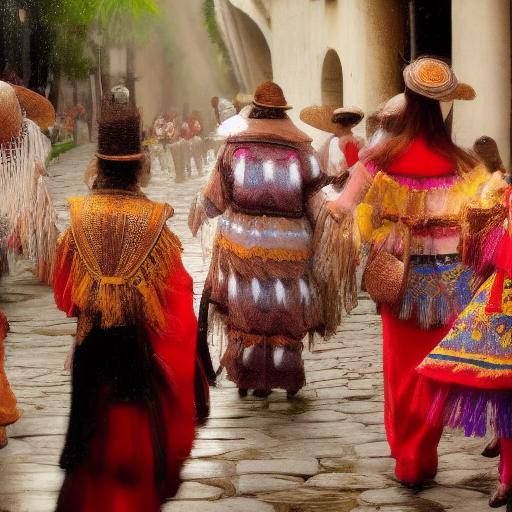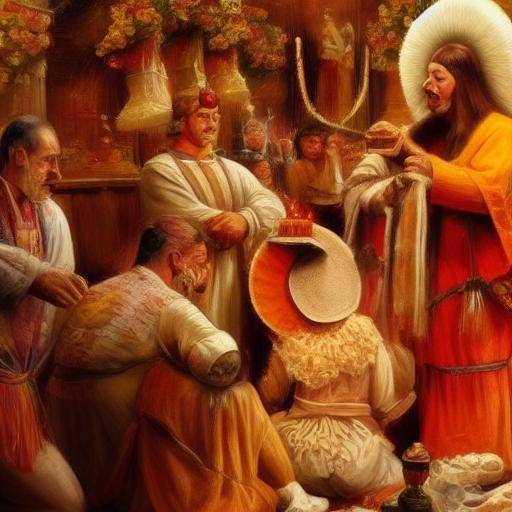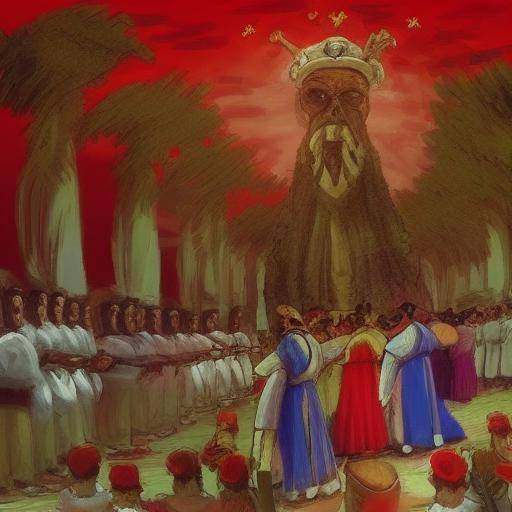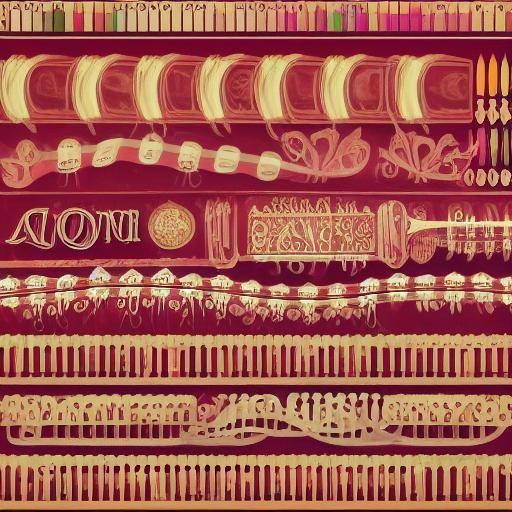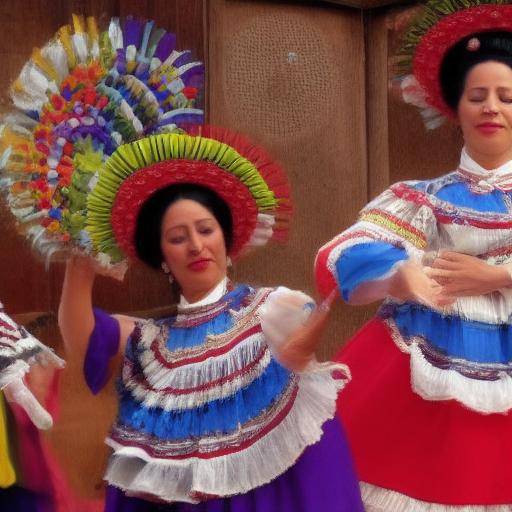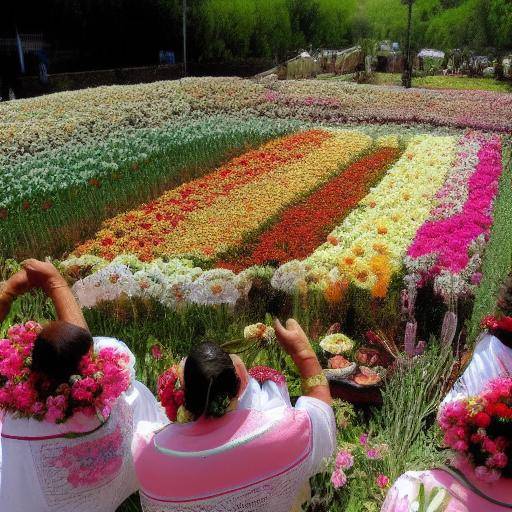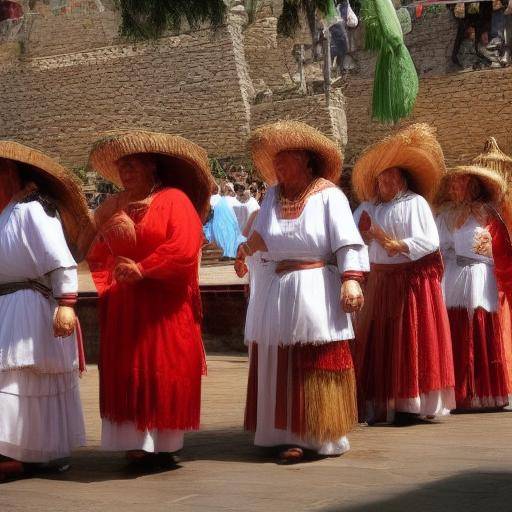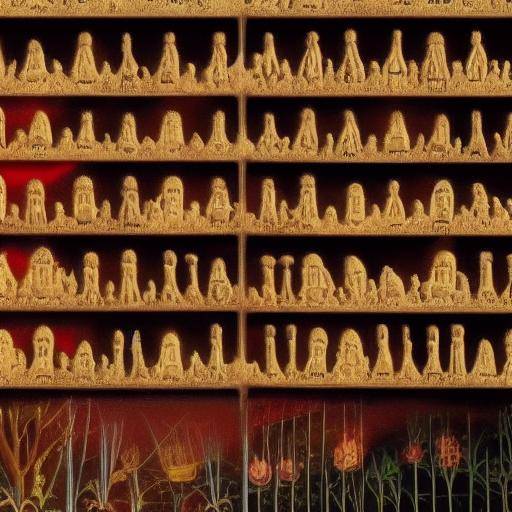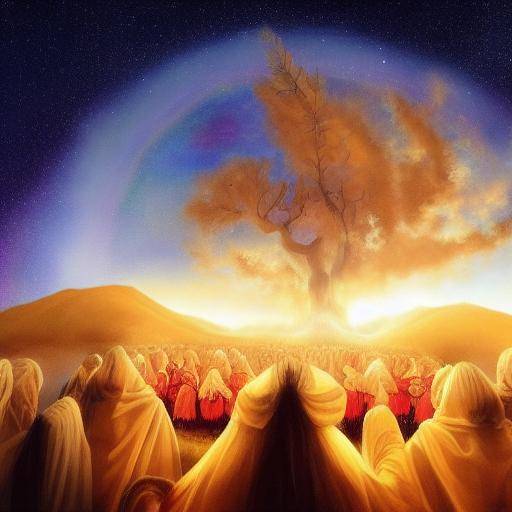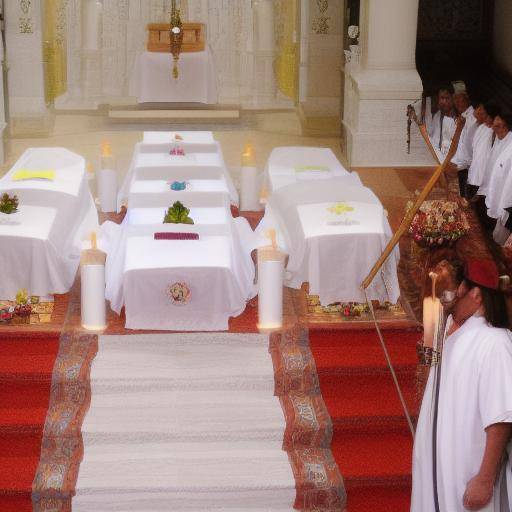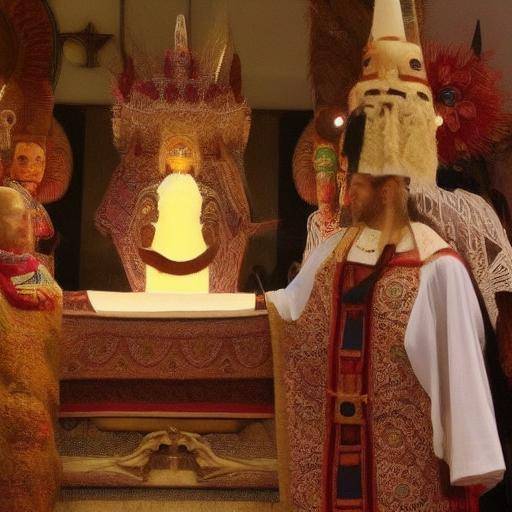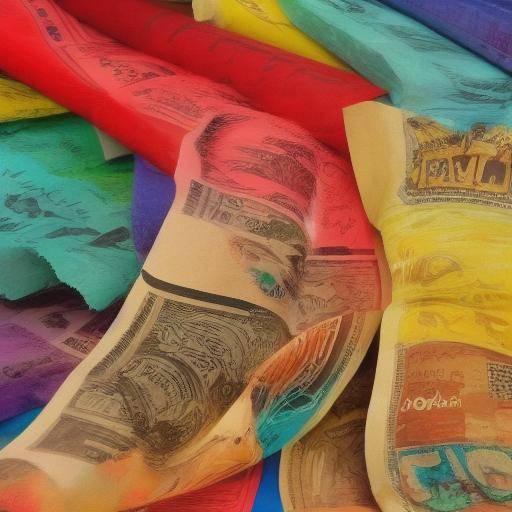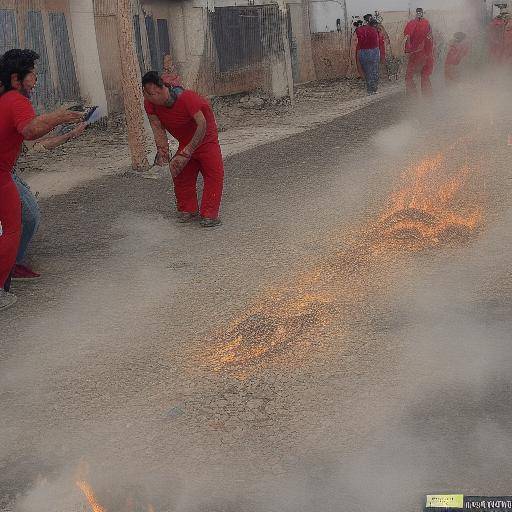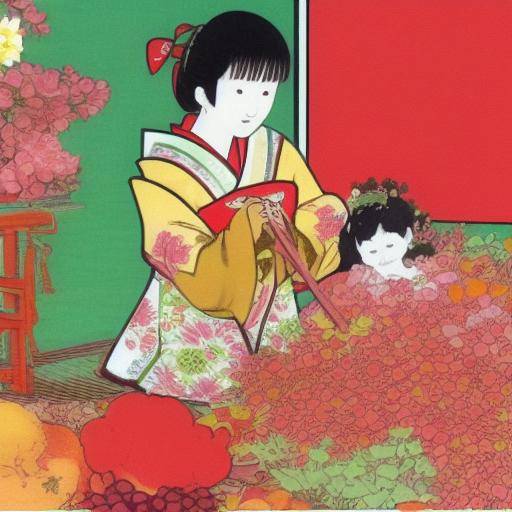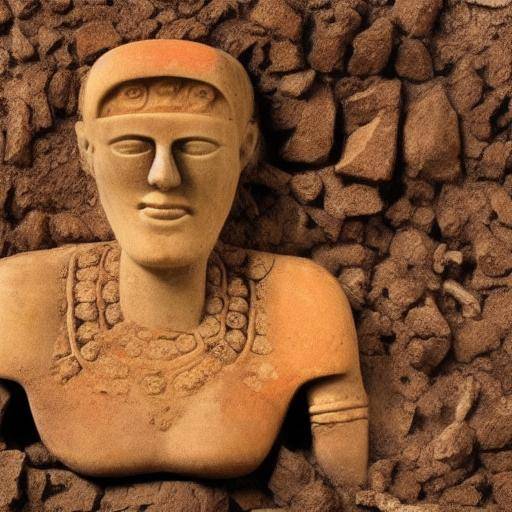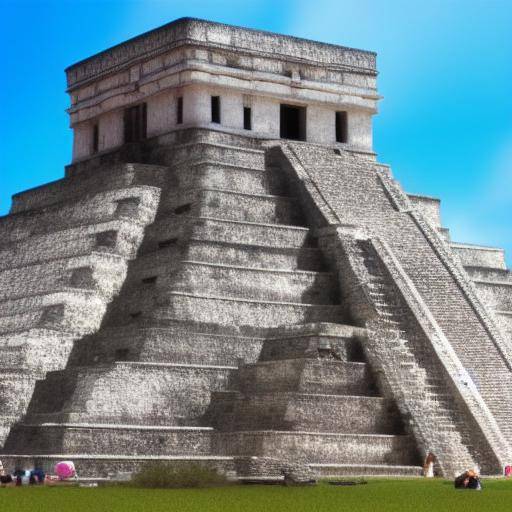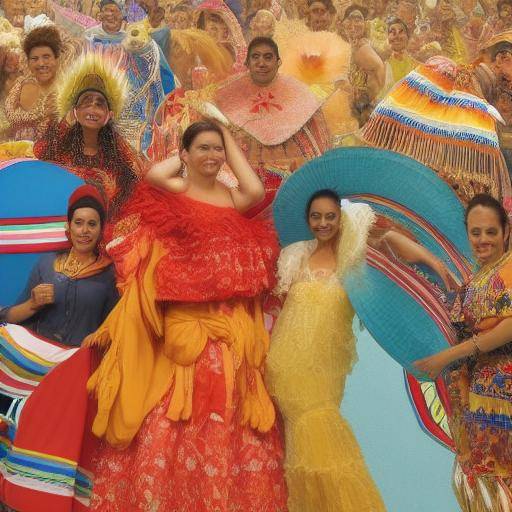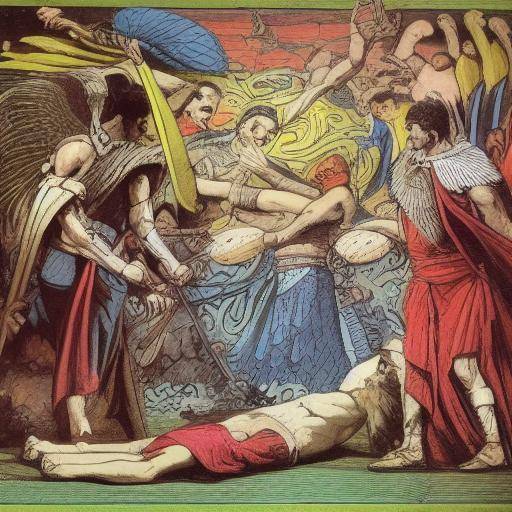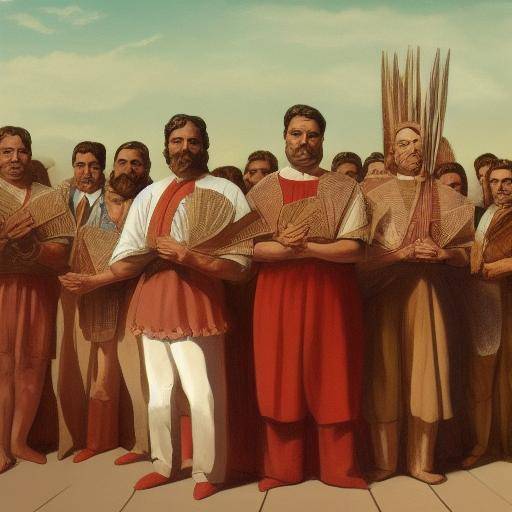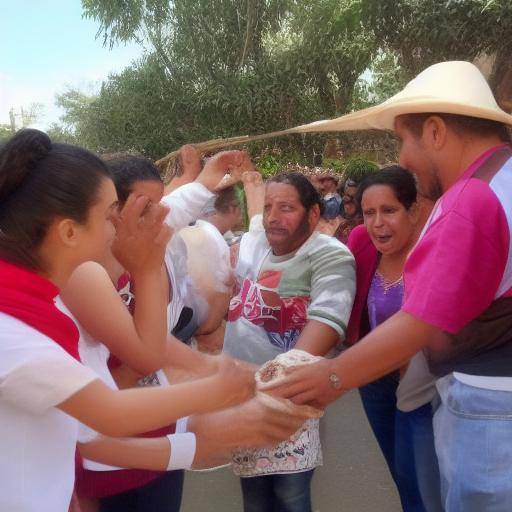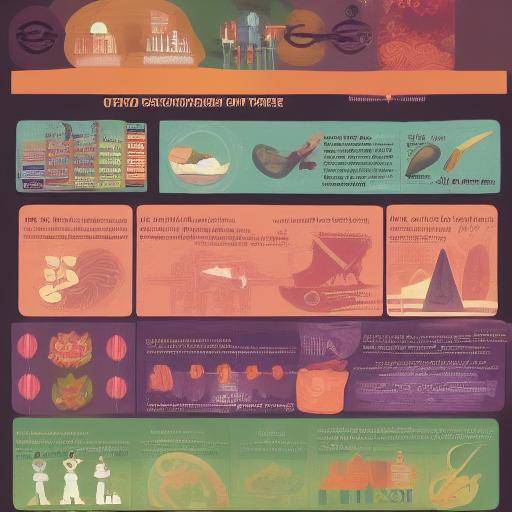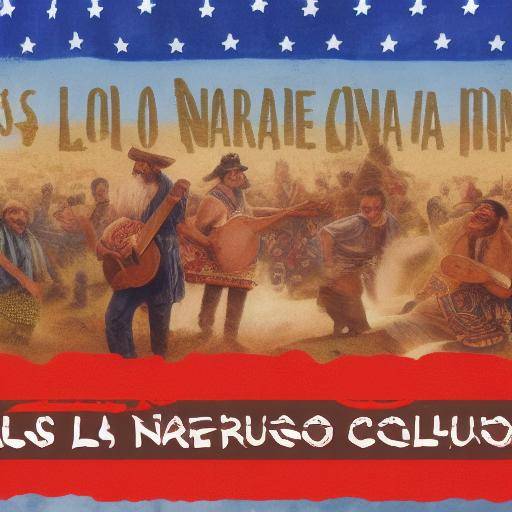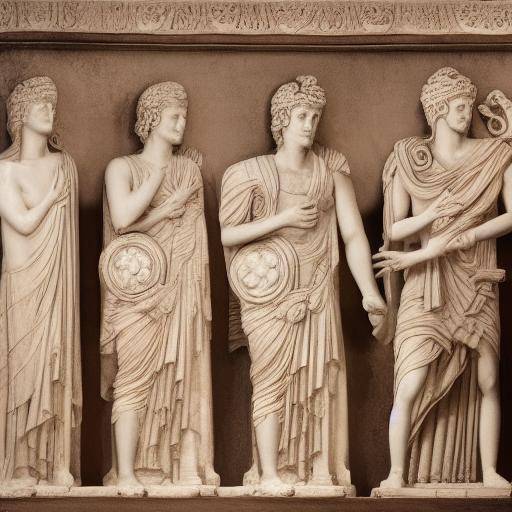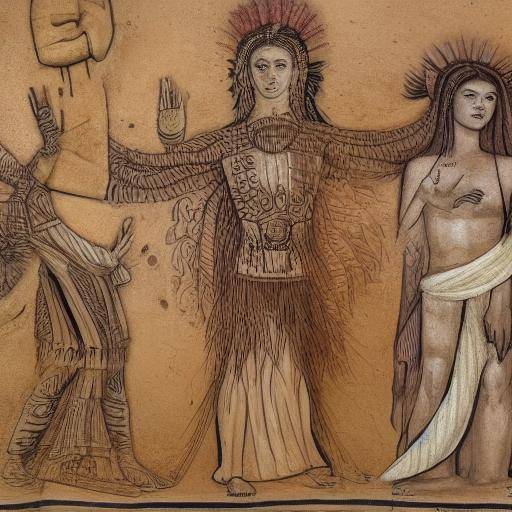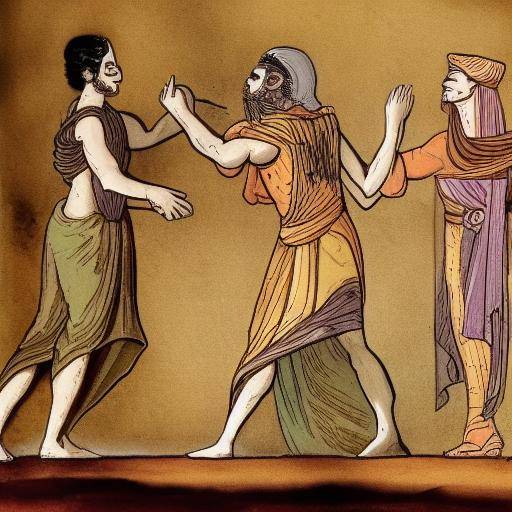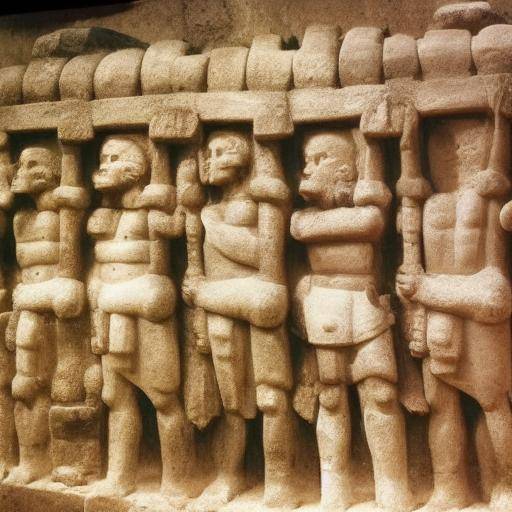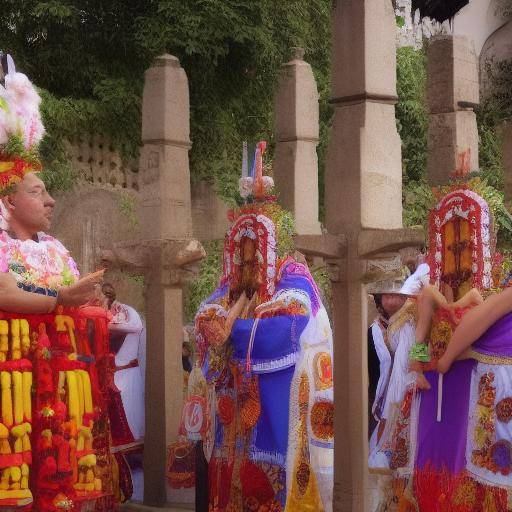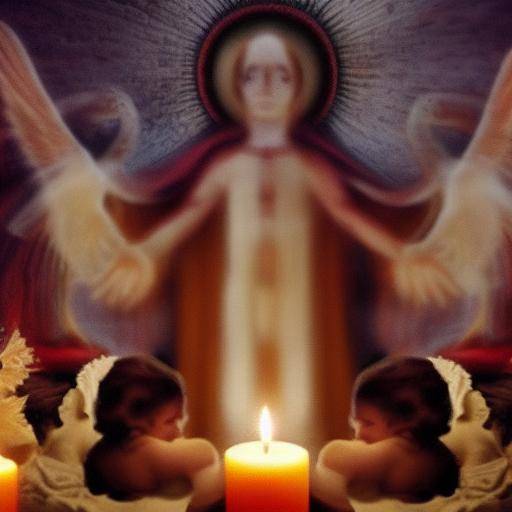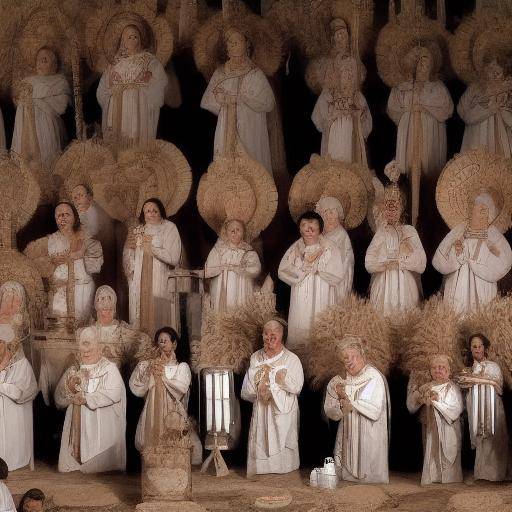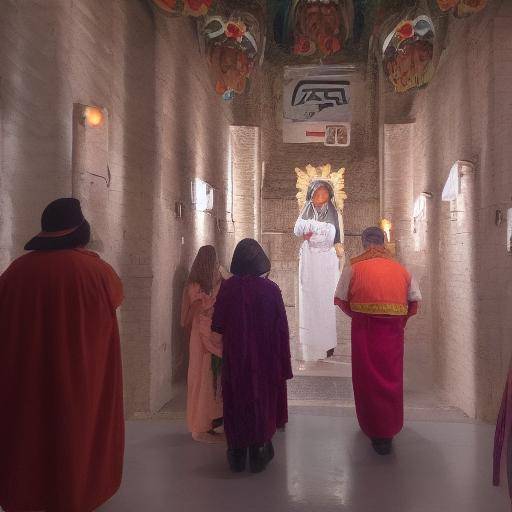
Introduction
The rites of passage and the rituals of purification have been fundamental in various cultures around the world, manifesting the transition from one state to another and the search for spiritual purification. From antiquity to today, these rites have a transcendental meaning in people's lives, providing a deep understanding of existence and a connection to the sacred. In this article, we will explore in detail the origin, evolution, contemporary applications and the profound meaning of the rites of passage and the rituals of purification in various cultures.
History and Background
The rites of passage, also known as transition rituals, have deep roots in the history of humanity. From ancient civilizations to contemporary indigenous traditions, these rituals have marked significant moments in people's lives. In studying the history of the rites of passage, it is essential to go back to the ancestral practices that marked the transition from one individual to another, such as birth, adolescence, marriage and death.
The rituals of purification, on the other hand, have a remarkable presence in cultures around the world, from Eastern religions to the shamanic practices of indigenous cultures. These rituals, often linked to spiritual cleansing and renewal, have played a crucial role in seeking balance and harmony in everyday life, as well as in moments of transition.
The evolution of these rituals over time shows how they have adapted to changing cultural contexts, adopting new forms and meanings. At present, they remain relevant both in traditional contexts and in contemporary expressions of spirituality and personal growth.
Analysis in Deep
The purification rituals have a rooted meaning in the search for spiritual renewal and cleansing. These rituals involve a physical, emotional and spiritual process that seeks to align the individual with a positive and restorative energy. Purification relates to the act of freeing from the negative, reintegrating into an inner harmony and seeking a deeper connection with the inner being and the cosmos.
In analyzing the rites of passage, it is crucial to understand that these not only mark physical transitions in a person's life, but also represent an internal and symbolic change. These traditional rituals can still be found in contemporary societies, offering an opportunity to reflect on the meaning of human existence and the role we play in the world.
Comprehensive review
The underlying meaning of the rites of passage and the rituals of purification transcends cultural and linguistic barriers, leading to deep reflection on life, death, purpose and transcendence. The spiritual resonance of these rituals is a source of continuous exploration and personal enrichment in various traditions.
Comparative analysis
While the rites of passage and purification rituals may vary in their specific practices, they share the fundamental intention of marking a point of transformation and purification in a person's life. Both seek to strengthen the link between the individual and the spiritual world, as well as to foster a sense of belonging and purpose in the community.
Practical Tips and Accessible Advice
In considering participating in purification rituals or rites of passage, it is essential to approach with a spirit of respect and openness, recognizing the cultural and spiritual wealth that underlies in these practices. It is advisable to seek the guidance of experienced spiritual or practitioners who can provide a deeper understanding of tradition and meaning behind these rituals.
Industry Perspectives and Expert Reviews
The importance of preserving and understanding these spiritually significant practices is reflected in the testimony of experts in anthropology, history of religions and spirituality. His vision of these rituals offers a more enriching understanding of the trajectory of humanity through multiple cultural contexts.
Case Studies and Real Life Applications
Case studies provide concrete evidence of how purification rituals and passage rites have significantly impacted people's lives throughout history and today. These examples illustrate the depth and breadth of the meanings that these rituals embody in individual and collective lives.
Future Trends and Predictions
The future of the purification rituals and the rites of passage is intrinsically linked to the evolution of human consciousness and the continuous search for meaning and purpose. As society advances, we are likely to see greater appreciation and understanding of these rituals, not only in traditional contexts, but also in contemporary expressions of spirituality and well-being.
Conclusion
The rituals of purification and the rites of passage represent an unbreakable connection with finitude and eternity, with inner transformation and spiritual renewal. Its transcendental meaning remains in force in the various contemporary traditions and approaches, providing an astonishing window to the understanding of the human being in its pursuit of transcendence and meaning.
FAQs
**1. What is the importance of the rites of passage in a person's life?**The rites of passage transcend the mere celebration of events, marking significant transitions in a person's life and allowing a deep connection with the community, history and cosmos.
**2. What are the benefits of participating in purification rituals?**Purification rituals offer an opportunity to free themselves from negative emotional and energetic burdens, promoting internal renewal and greater spiritual harmony.
**3. How to find authentic and respectful purification rituals of traditions?**It is essential to seek guidance and participate in purification rituals through experienced spiritual or practitioner leaders who can guarantee the respect and proper understanding of traditions.
**4. What is the relevance of purification rituals today?**In an increasingly dizzying and stressful world, purification rituals offer an escape valve, allowing people to reconnect with their interior and find balance in an increasingly accelerated world.
**5. What is the role of purification rituals in the context of contemporary spirituality?**Purification rituals have a relevant role in contemporary spirituality by offering a way to integrate spiritual connection into the dynamics of daily life.
**6. How can one participate respectfully in the rituals of passage from other cultures?**It is essential to address the rituals of passage from other cultures with respect and openness, seeking to understand and honor the cultural and spiritual wealth that underlies in these practices.
In short, purification rituals and passage rites offer a window to the depth of human existence and spiritual transcendence. Through the exploration of these transcultural practices, we can find a greater understanding of spiritual diversity and the universal longing for connection with the sacred.

